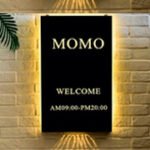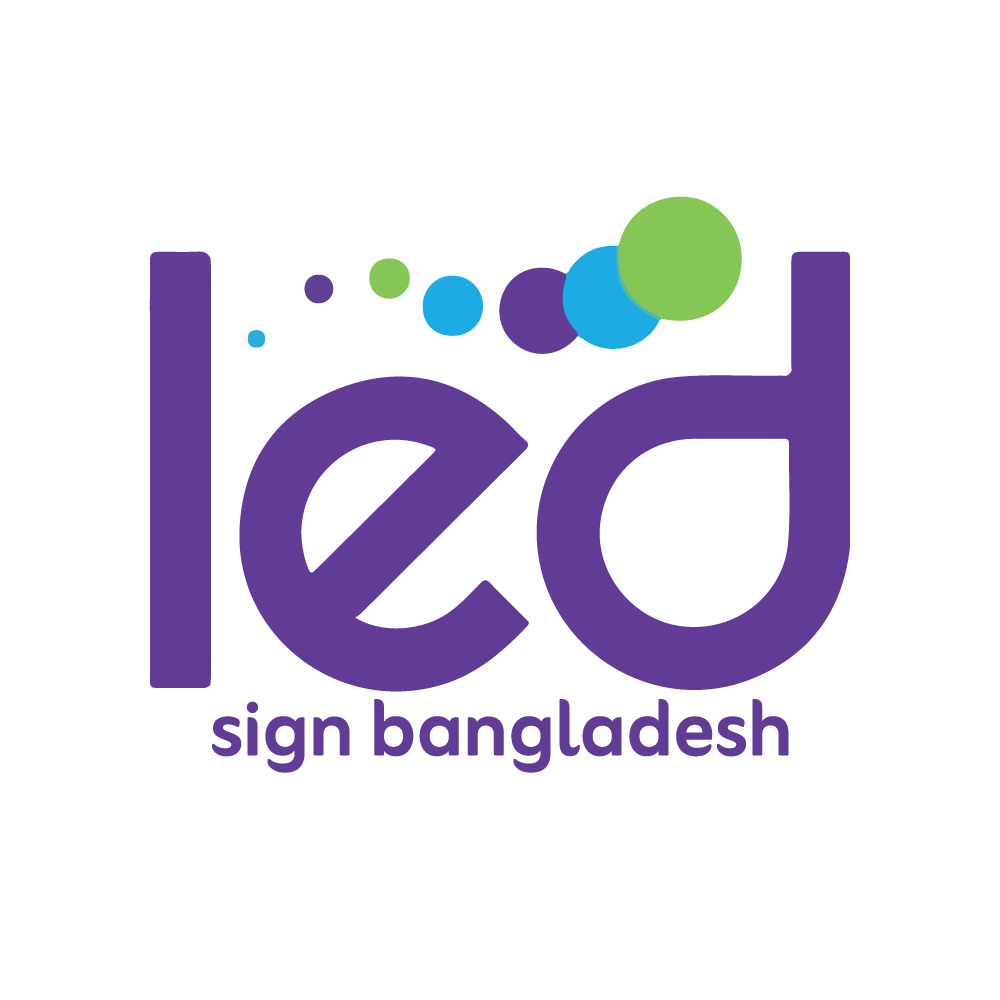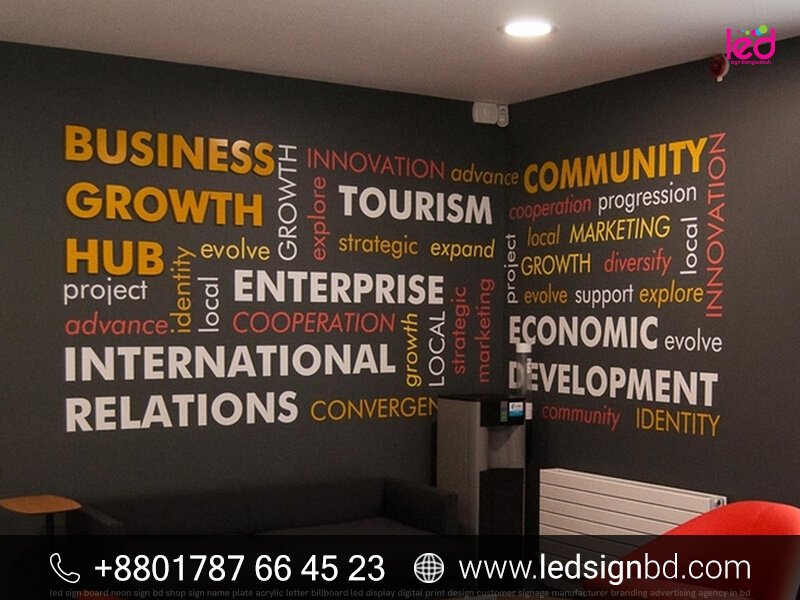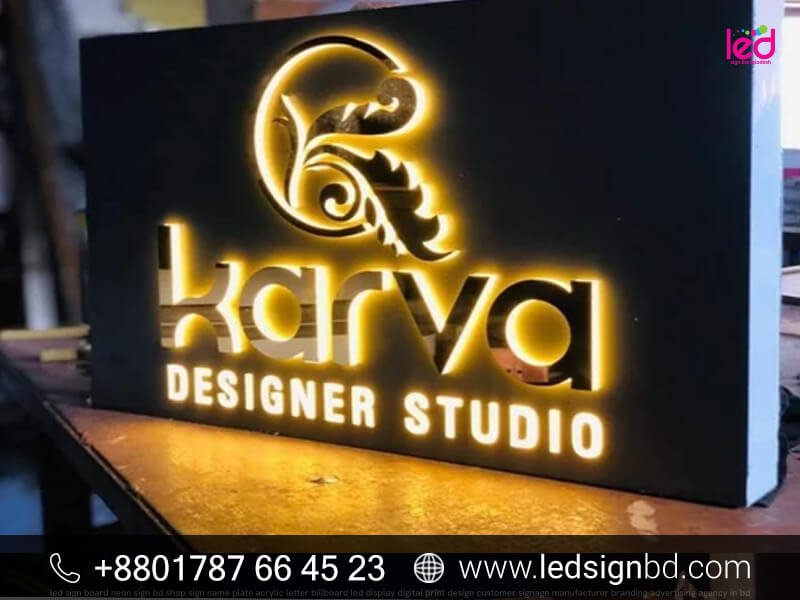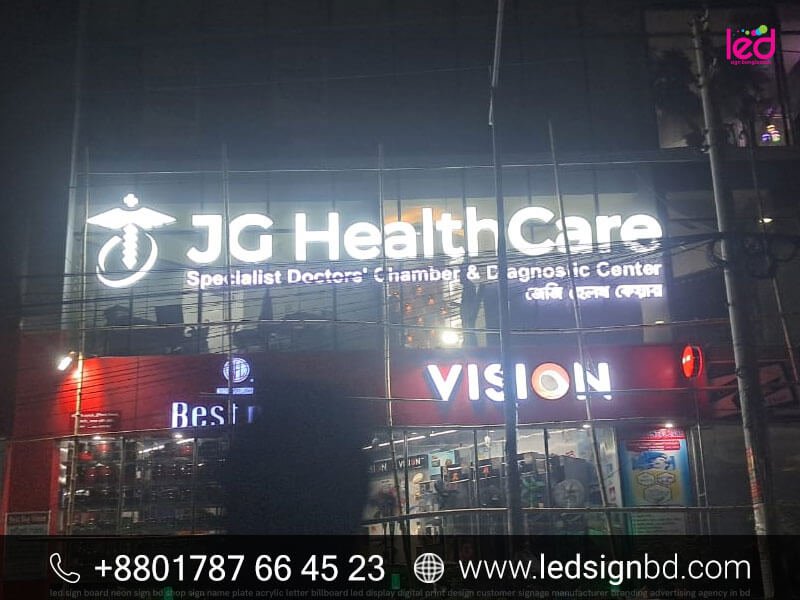Design of Name Plate
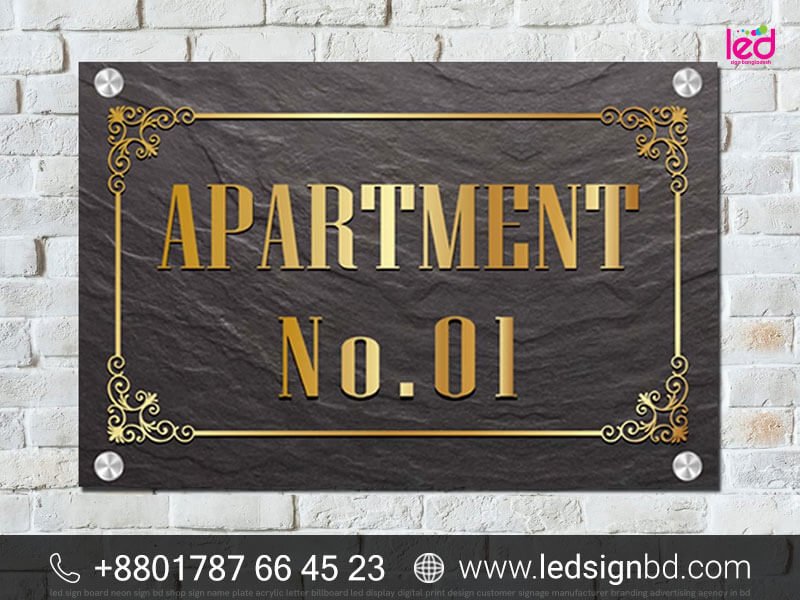
Design Your Dream Shop Sign: Name Plates, Sign Boards & More
design of name plate First impressions matter. Your storefront’s name plate and sign board are the first things potential customers see. A well-designed sign can significantly impact your brand’s image and attract more customers. This comprehensive guide explores the essential elements of creating impactful signage for your business, from name plate design to overall shop sign aesthetics.
Choosing the Right Name Plate Material
Material Durability & Aesthetics: Balancing Form & Function
Choosing the right material for your name plate is crucial. Each material has its own benefits and downsides:
- Acrylic: Lightweight and available in many colors. It’s affordable but can scratch easily.
- Metal: Durable and offers a professional look. However, it can be more expensive and heavier.
- Wood: Provides a natural, rustic feel. While beautiful, wood may require more maintenance over time.
Consider local businesses that use different materials effectively. For example, a café might choose wood for warmth, while a tech shop might go for sleek metal. design of name plate
Name Plate Size & Placement Considerations: Optimal Visibility
Size and placement are key to ensuring your name plate stands out. Here are some tips:
- Dimensions: Aim for a size that balances visibility and aesthetics. Avoid oversized plates that overwhelm the storefront.
- Positioning: Place the name plate at eye level, ideally near the entrance. This allows passersby to notice it easily.
Check local signage guidelines, as they might regulate size or height.
Incorporating Branding Elements: Maintaining Brand Consistency
Your name plate must reflect your brand identity. Make sure to:
- Use your logo and brand colors.
- Select fonts consistent with your overall image.
Strong brand integration can be seen in successful businesses, where signage aligns perfectly with advertising materials, creating a cohesive look.
Crafting Compelling Sign Board Designs
Typography & Font Selection: Readability & Brand Identity
Choosing the right font is vital. Consider these points:
- Ensure your text is easily readable from a distance.
- Match font style with your brand image. For example, a fun ice cream shop may use playful fonts, while a law firm should stick with professional, serious typefaces.
Ineffective pairings, like an overly ornate font for a tech store, can confuse customers.

Color Psychology & Branding: The Power of Color Choice
Colors evoke emotions and can influence choices. Here’s how color can affect your brand:
- Red: Excitement and urgency.
- Blue: Trust and reliability.
- Green: Freshness and nature.
Research shows that 85% of consumers base purchasing decisions on color. Use it wisely to create a memorable impression.
Effective Use of Graphics & Imagery: Visual Communication
Incorporating visuals can elevate your sign’s effectiveness. Here are some tips:
- Use your logo prominently.
- Integrate relevant imagery to draw attention to your offerings.
Visually appealing signs communicate your brand essence and can attract customers.
Incorporating Illumination: Enhancing Nighttime Visibility
Types of Sign Lighting: LEDs, Neon, & More
Lighting can make a significant difference. Consider these options:
- LEDs: Energy-efficient and long-lasting. They’re perfect for businesses looking to save on energy costs.
- Neon: Offers a retro feel and great visibility but can be more costly to maintain.
According to industry data, LED signs can use up to 75% less energy than traditional neon.
Optimal Placement of Lighting Fixtures: Maximize Impact
Placement matters for sign lighting. Consider these strategies:
- Highlight key design elements with focused lighting.
- Ensure the entire sign is well-lit without harsh shadows.
Effective lighting can draw attention both day and night.
Maintaining Consistent Branding Through Illumination: Day & Night Cohesion
Ensure your sign maintains its visual appeal regardless of the time. Use consistent colors and styles in your lighting, so customers recognize your brand instantly, whether it’s day or night.
Legal & Regulatory Considerations for Signage
Local Zoning Regulations & Permitting: Navigating Legal Requirements
Always check local regulations before designing your sign. Some cities have specific rules about:
- Sign size and height.
- Placement relative to sidewalks and streets.
Resources like local government websites can provide vital guidance.
ADA Compliance for Accessible Signage: Meeting Accessibility Standards
Your signage must be accessible to all customers. This includes:
- Using high-contrast colors for visibility.
- Ensuring text size meets ADA recommendations.
Following these guidelines strengthens your commitment to inclusivity.
Maintaining Your Signage: Preserving its Appearance & Longevity
Regular maintenance is essential to keep your sign looking great. Here are some maintenance tips:
- Clean the signage regularly to avoid grime buildup.
- Check for damages or fading and plan repairs promptly.
Routine care extends your sign’s lifespan and maintains its appeal.
Leveraging Technology in Shop Sign Design
Digital Signage Options: Dynamic & Engaging Displays
Digital displays offer a modern approach to signage. They allow for:
- Updating messages easily and frequently.
- Showcasing promotions, menus, or events dynamically.
Many businesses successfully use digital signs to draw in customers, keeping content fresh and engaging.
QR Codes & Interactive Elements: Enhancing Customer Engagement
Incorporating QR codes can bridge the gap between physical and digital. Customers can scan codes to access:
- Special offers.
- Social media pages.
- Website links for more information.
This interactivity increases engagement and enriches customer experience.
Utilizing Data Analytics in Sign Design: Measuring ROI
Data collection can help measure the effectiveness of your signage. Track aspects such as:
- Customer traffic before and after installing a new sign.
- Engagement levels with QR codes or digital content.
This analysis can guide future design decisions.
Conclusion: Making Your Shop Sign a Brand Ambassador
A well-designed name plate and sign board are crucial for attracting customers and building brand identity. Key takeaways include using appropriate materials, ensuring visibility, and maintaining consistency across all elements. Professional design and compliance with legal guidelines can make your sign a powerful ambassador for your brand. Invest in your signage today to make the right impression.




